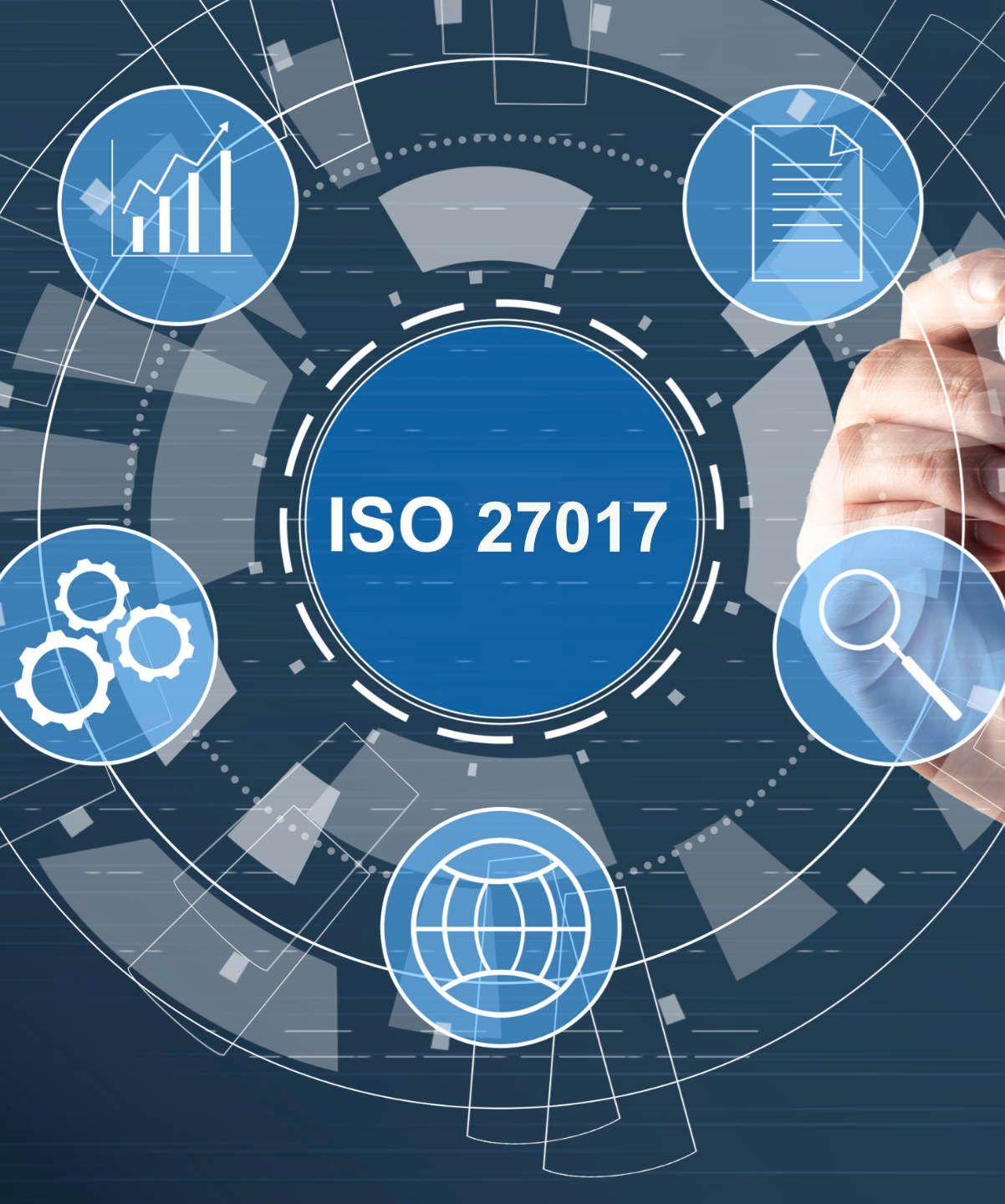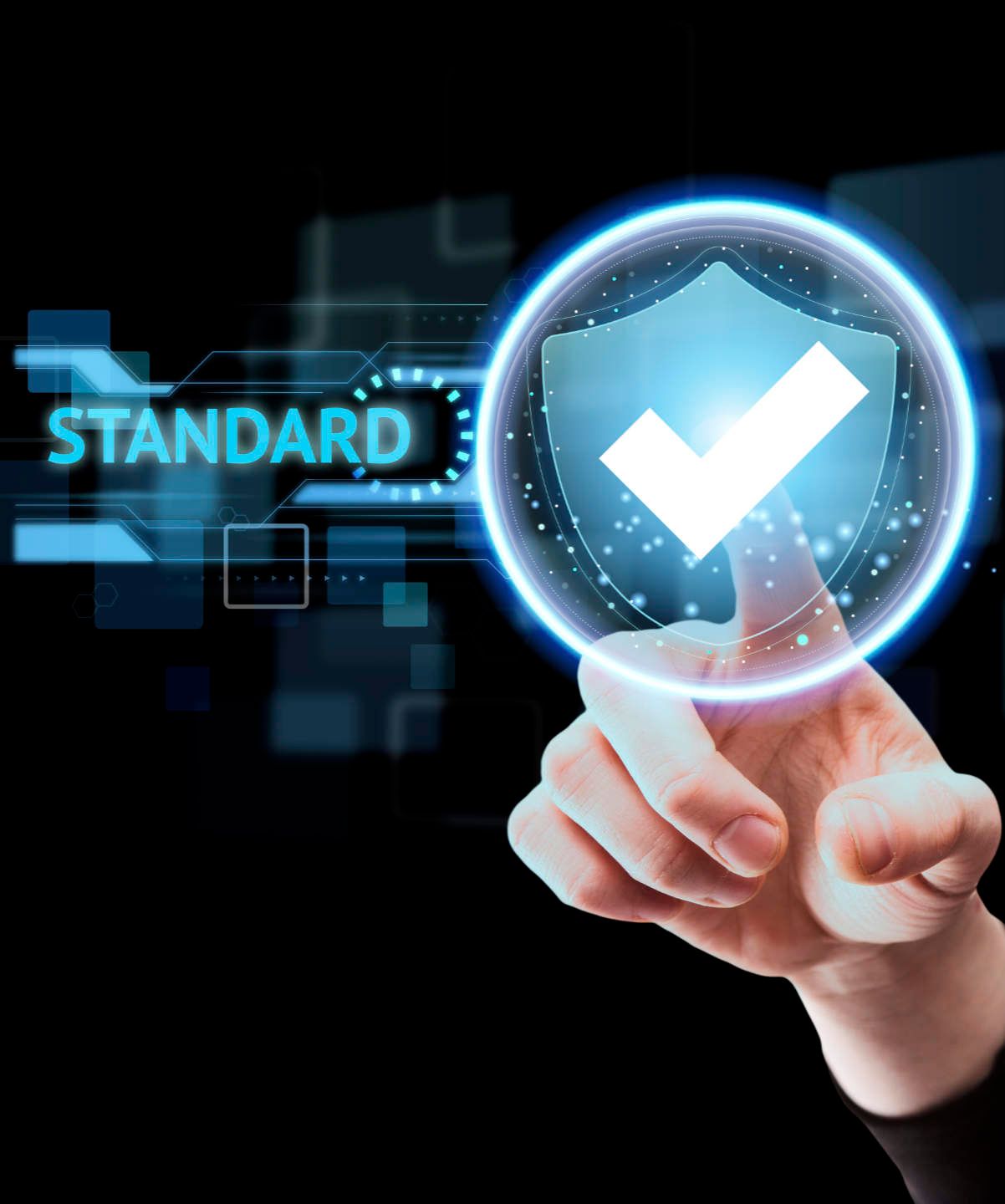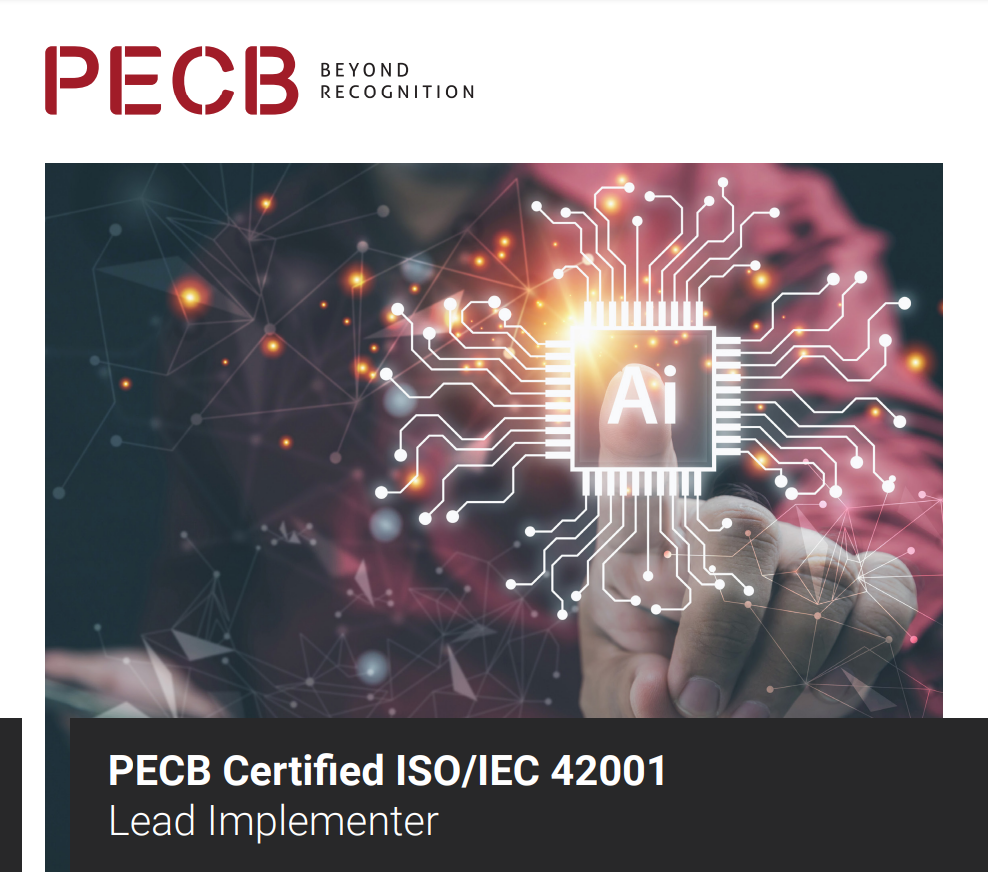
Why should SaaS companies comply with the ISO 27001 security standard and the CSA Cloud Control Matrix (CCM)
Why it is critical for SaaS companies to comply with the ISO 27001 security standard, as well as the cloud control matrix (CCM) provided by the Cloud Security Alliance ( CSA).
As a software-as-a-service (SaaS) company, data security is a top priority. One way to ensure that your company is meeting best practices for data security is to comply with the ISO 27001 security standard, as well as the Cloud Control Matrix (CCM) provided by the Cloud Security Alliance (CSA). In this article, we will explore why it is critical for a SaaS company to comply with these standards, and how the CCM controls can be mapped to the ISO 27001 requirements.
First, it is important to understand what the ISO 27001 security standard and the CCM are.
ISO 27001 is an international standard that outlines a framework for managing and protecting sensitive company information. It is designed to help organizations ensure that their information assets are adequately protected against threats such as unauthorized access, disclosure, disruption, or destruction.
The CCM, on the other hand, is a tool provided by the CSA to help organizations assess and improve their security in the cloud. The CCM provides a set of security controls that are organized into categories, such as access control, data security, and incident management. These controls are designed to help organizations secure their cloud environments and protect sensitive data from threats and vulnerabilities.
So why is it critical for a SaaS company to comply with these standards? There are several reasons. First and foremost, compliance with the ISO 27001 standard and the CCM shows that your company takes data security seriously. This can help to build trust and confidence with your customers, as they will know that their sensitive data is being properly protected.
Additionally, compliance with these standards can help to protect your company from legal and regulatory repercussions. Many countries have laws and regulations that require companies to take certain steps to protect sensitive data, and failure to comply with these laws can result in significant fines and other penalties. By complying with the ISO 27001 standard and the CCM, your company can ensure that it is meeting these legal and regulatory requirements.
Another reason why it is critical for a SaaS company to comply with the ISO 27001 standard and the CCM is that it can help to improve the overall security of your company's information assets. The ISO 27001 standard provides a comprehensive framework for managing and protecting sensitive information, and the CCM provides a set of specific controls that can be used to improve security in the cloud. By following these standards, your company can reduce the risk of security breaches and protect its sensitive data from threats and vulnerabilities.
Now, let's take a closer look at how the CCM controls can be mapped to the ISO 27001 requirements. The ISO 27001 standard is organized into a set of clauses, each of which covers a specific aspect of information security management. The CCM, on the other hand, is organized into a set of categories, each of which contains a set of controls that are relevant to that category.
To map the CCM controls to the ISO 27001 requirements, you can use the table below, which shows the correspondence between the CCM categories and the ISO 27001 clauses:

As you can see, each of the CCM categories aligns with a specific ISO 27001 clause. This means that if your company implements the controls in a particular CCM category, it will be meeting the requirements of the corresponding ISO 27001 clause. For example, if your company implements the controls in the Access Control category of the CCM, it will be meeting the requirements of ISO 27001 Clause 6.1, which covers access control.
It is important to note that the CCM controls are not a substitute for the ISO 27001 standard. The CCM is designed to be used in conjunction with the ISO 27001 standard, not as a standalone security framework. To fully comply with the ISO 27001 standard, your company will need to implement all the controls in the CCM, as well as the other requirements outlined in the ISO 27001 standard.
In addition to the specific controls provided in the CCM, there are several key principles that organizations should follow when implementing an ISMS and securing their cloud environments. These principles include the following:
Risk assessment: Organizations should conduct regular risk assessments to identify potential threats and vulnerabilities, and to determine the impact of these risks on their information assets. Based on the results of the risk assessment, organizations can implement controls to mitigate identified risks and protect their sensitive data.
Control implementation: Organizations should implement controls to protect their information assets and secure their cloud environments. These controls should be based on the requirements of the ISO 27001 standard and the CCM, and should be tailored to the specific needs of the organization.
Continuous improvement: Organizations should continuously monitor and review their security controls to ensure that they are effective and up to date. This may involve regular audits and assessments, as well as implementing new controls and updating existing ones as needed.
Communication and training: Organizations should ensure that all employees are aware of their roles and responsibilities in relation to data security, and that they are trained on the security controls and policies in place. This can help to prevent security breaches and ensure that employees are able to properly protect sensitive data.
Encrypting sensitive data: Encrypting sensitive data can help to protect it from unauthorized access and disclosure. This can be particularly important in the cloud, where data may be stored on shared infrastructure and accessed by multiple parties.
Implementing multi-factor authentication: Multi-factor authentication (MFA) adds an extra layer of security by requiring users to provide multiple pieces of evidence to prove their identity. This can help to prevent unauthorized access to sensitive data and protect against identity theft.
Conducting regular security assessments: Regular security assessments can help to identify potential vulnerabilities and weaknesses in your security controls. By conducting these assessments and implementing appropriate controls, you can reduce the risk of security breaches and protect your sensitive data.
Providing security training for employees: Educating employees on data security best practices can help to prevent security breaches and ensure that sensitive data is properly protected. This may involve providing training on topics such as password management, secure access to data, and handling of sensitive information.
By following these principles, organizations can effectively implement an ISMS and secure their cloud environments, in accordance with the requirements of the ISO 27001 standard and the controls provided in the CCM. It is important to remember that data security is an ongoing process, and that organizations should continuously monitor and improve their security controls to protect against evolving threats and vulnerabilities.
In addition to implementing the security controls provided in the CCM and following the requirements of the ISO 27001 standard, SaaS companies can also benefit from partnering with a managed security service provider (MSSP). An MSSP is a third-party company that specializes in providing managed security services, such as monitoring and incident response.
Working with an MSSP can provide several benefits for SaaS companies, including the following:
Expertise and knowledge: MSSPs have expertise and knowledge in the area of data security, and can provide guidance and advice on implementing effective security controls and complying with the ISO 27001 standard and the CCM.
Cost savings: By partnering with an MSSP, SaaS companies can save on the costs of hiring and training in-house security personnel. Additionally, MSSPs can provide economies of scale, as they can implement security controls across multiple clients, reducing costs for each individual client.
Improved security: MSSPs can provide 24/7 monitoring and incident response services, which can help to detect and respond to security incidents in a timely manner. This can help to protect your sensitive data and reduce the impact of security breaches.
In conclusion, SaaS companies should prioritize their customers' security and privacy by complying with internationally recognized security standards such as ISO 27001 and the CSA Cloud Control Matrix (CCM). These standards provide a framework for companies to identify and mitigate security risks, implement security controls, and continuously monitor and improve their security posture. By adhering to these standards, SaaS companies can assure their customers that their data is being handled securely and that their sensitive information is protected from potential threats. Furthermore, compliance with these standards can also lead to increased customer trust, improved reputation, and a competitive advantage in the market. Ultimately, the investment in compliance with ISO 27001 and the CSA CCM is well worth the effort for SaaS companies looking to establish themselves as leaders in the industry and build long-term relationships with their customers based on trust and security.


Copyright 2024 iFactum® All Rights Reserved.


